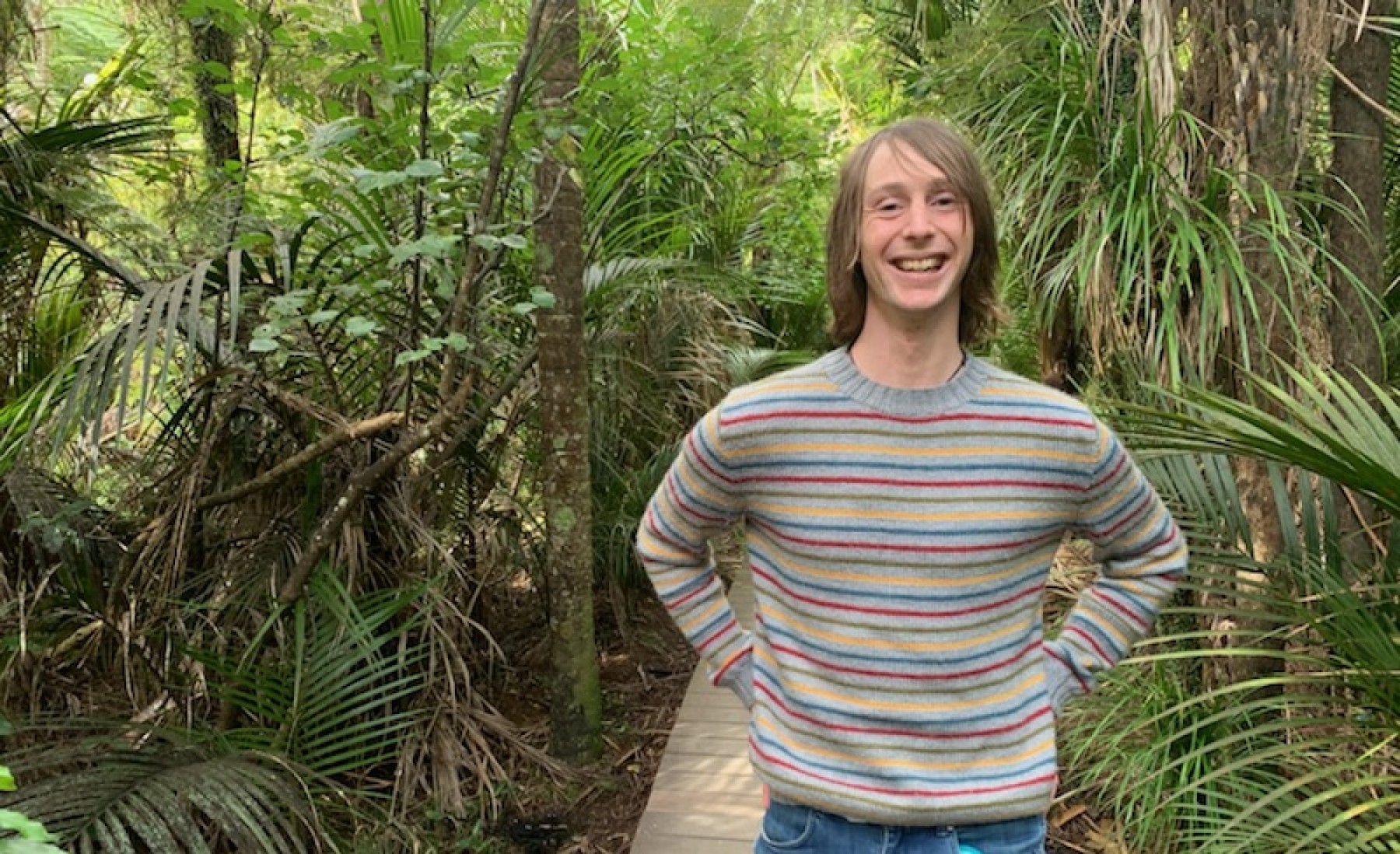Working for The Press in Christchurch as a health reporter, journalist Oli Lewis often covered stories about people’s experiences in the mental health system.
“Christchurch is a city that has a lot of experience talking about – and struggling with – mental health issues,” he says.
After writing stories about several under-par hospital buildings in Christchurch, Oli had the idea of doing a piece on the state of mental health facilities around Aotearoa. After resigning from The Press and becoming a freelancer, he pitched the series to Newsroom – an outlet where he knew he could publish an in-depth analysis – and applied for one of Nōku te Ao: Like Minds’ Pūtea Pāpāho or Media Grants. He ended up winning a grant.
“I was very lucky to get the media grant because it meant I could afford to dedicate a lot of time and effort into that series, which I wouldn’t have been able to do otherwise,” he says.
The crux of the data that shaped Oli’s five-part Newsroom series on the state and, in some cases, total disrepair of some of Aotearoa’s mental health facilities came from Official Information Act (OIA) requests to all 20 District Health Boards in the country and the Ministry of Health. But Oli says he knew it was the testimonies from people who had actually stayed in those facilities that would be the heart of the series. That’s where his contacts from the Mental Health Foundation, who administer and run the grants programme, came in handy.
“They [the Mental Health Foundation] put the message through to a couple of Facebook groups, asking if people wanted to speak to me and I got a pretty strong response from that.”
The findings from both people who had used mental health services and Oli’s OIAs showed many mental health units were extremely run-down and poorly funded. This meant that many staff and facilities were running over capacity and had been for a long time, impacting on the level of care that people accessing these services received. This presented an additional challenge: how to write these stories in a way that accurately summed up the injustices people in mental distress were experiencing in mental health units, without putting off people from seeking care.
“I talked to the Mental Health Foundation about my concerns about that, and also some experts in the field. I came to the position that it’s a really delicate topic… but, at the same time, a large number of people who are in those units are there through compulsory care orders, so they have no choice about being there.
“I thought, ‘I’ve got enough evidence to show that a lot of these places are really run-down and inadequate and it’s doing them a disservice not to reveal that.’
“However, I also emphasised that most people I spoke to found aspects of their stay beneficial, and some of them said it was life-saving.”
Providing a balanced but comprehensive look at the state of some of Aotearoa’s mental health facilities and how they affected people experiencing mental distress is something Oli is proud to have worked on with the Mental Health Foundation. The response to his story series has been heartening, both from those who have used mental health services and those who work in them.
The series also sparked considerable follow-up media coverage.
“It’s kicked up some more momentum into holding the government to account on its mental health delivery,” Oli says, although he says it’s also important to point out that the long-term neglect of these facilities has spanned multiple governments.
“It’s led to some political conversations and pressure to try and improve things.”
Oli is grateful for the time and resources the Pūtea Pāpāho/Media Grant allowed him.
“It was a hugely beneficial opportunity to pursue a project that I had been passionate about for some time.”

